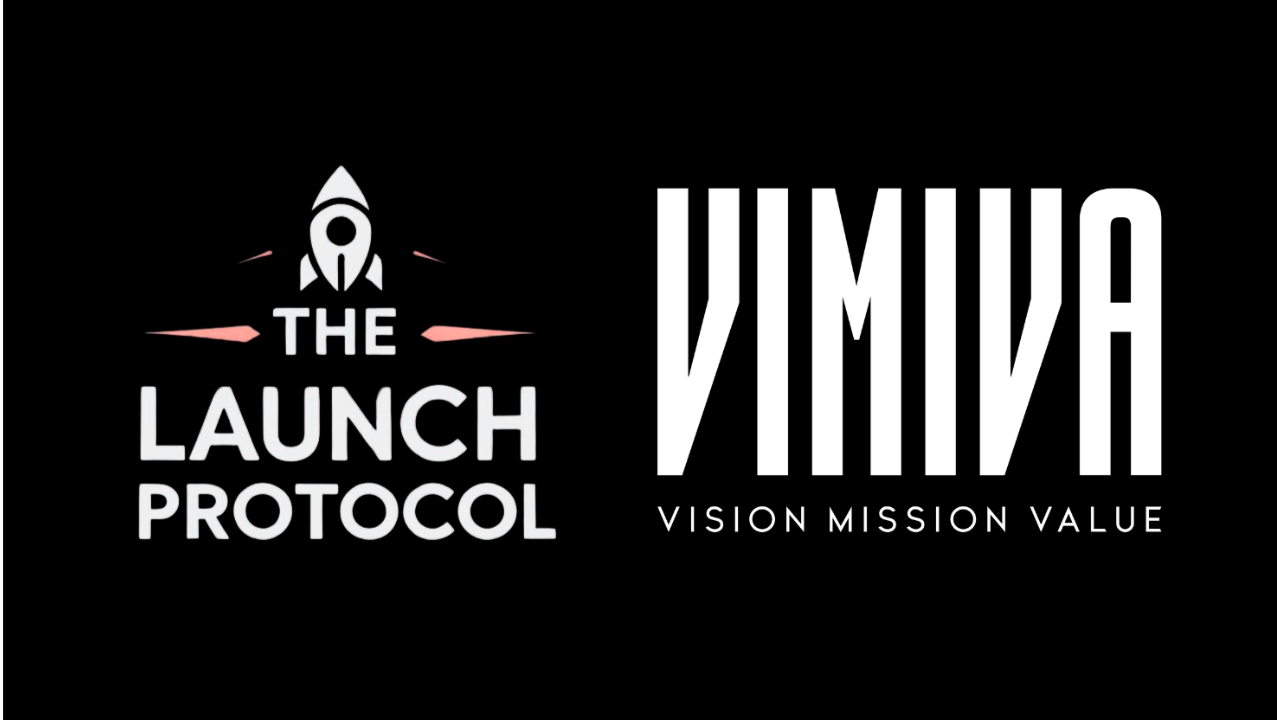Why Creating Online Courses Is a Strategic Move
Creating Online Courses: A Smart Strategy for Business Consultants, Solopreneurs, and Interim Managers in Challenging Times
In today’s fast-evolving business landscape, even seasoned consultants, solopreneurs, and interim managers face periods when client demand dips, and the traditional product or service pipeline slows down. Economic uncertainty, market saturation, or changing customer behavior can make it increasingly difficult to attract and convert new clients. But what if you could turn your years of experience, your unique process, and your trusted knowledge into an evergreen asset that works for you 24/7?
That’s the power of creating online courses.
Why Creating Online Courses Is a Strategic Move
When the market tightens, it’s time to rethink how you package and deliver your value. Creating online courses allows you to do just that — scale your expertise without needing to trade time for money constantly. Here are the key advantages:
1. Leverage Your Existing Expertise
You’ve already done the work — countless hours solving problems, coaching clients, leading teams, and executing strategies. That intellectual capital is incredibly valuable. By creating online courses, you transform your hard-earned experience into structured, repeatable learning for others.
2. Reach a Global Audience
An online course can be accessed from anywhere, at any time. Instead of being limited by geography or time zones, your course becomes a magnet for international clients, partners, and learners — exponentially increasing your visibility and influence.
3. Stabilize Revenue Streams
A well-crafted course can create recurring income. Whether you offer a one-time purchase, a subscription model, or a hybrid with community and coaching, online courses can cushion you during low-consulting months and provide financial predictability.
4. Build Authority and Trust
Online courses position you as an expert in your field. By teaching others, you showcase your methodology, demonstrate results, and create rapport. This trust often leads to higher-value service offerings such as private coaching, speaking engagements, or interim roles.
5. Lead Generation & Nurturing
Offering a free mini-course, webinar, or downloadable module allows you to capture leads and nurture them through email sequences, providing real value before any purchase decision. It’s an effective and ethical way to turn cold leads into warm clients.
6. Develop a Community
Courses naturally attract like-minded people. When you integrate discussion forums, live Q&As, or group coaching into your offer, you don’t just sell information — you foster a support network. This community often becomes a vital feedback loop and a source of testimonials, case studies, and referrals.
7. Scalable Product Ecosystem
Your course can be the foundation of an entire ecosystem — premium programs, certification pathways, mastermind groups, software walkthroughs, or product reviews. Imagine an online development and coaching empire where your name becomes synonymous with results.
Choosing the Right Online Course-Creating Tool
Creating online courses is easier than ever — but choosing the right platform matters. A good tool doesn’t just host your videos. It helps you structure your modules, set up quizzes and certifications, connect with your students, and manage payments and marketing all in one place.
Here are some of the most-used online course-creating tools in the market today:
· Kajabi
· Podia
· Kartra
Why New Zenler Is a Top Choice
New Zenler is an all-in-one platform designed specifically for course creators. It combines course hosting, email marketing, sales funnels, live classes, and community features in a user-friendly package. The platform makes it simple to move from idea to execution — meaning you spend less time on tech headaches and more time creating transformative learning experiences.
